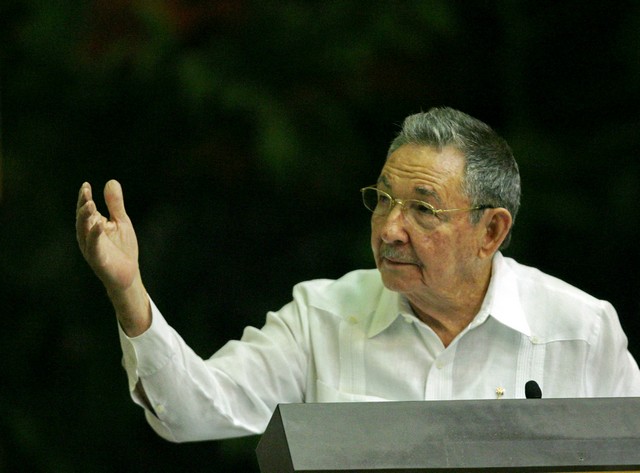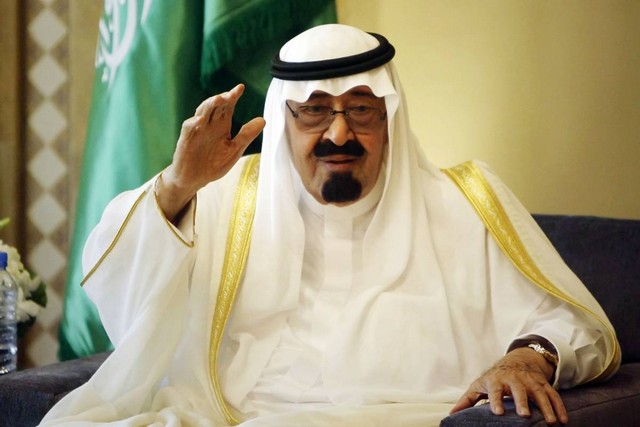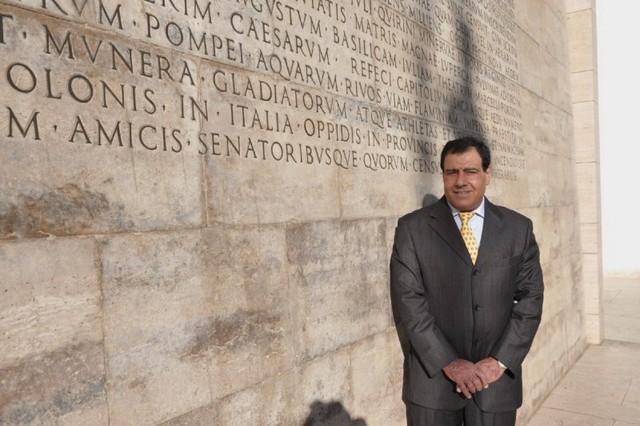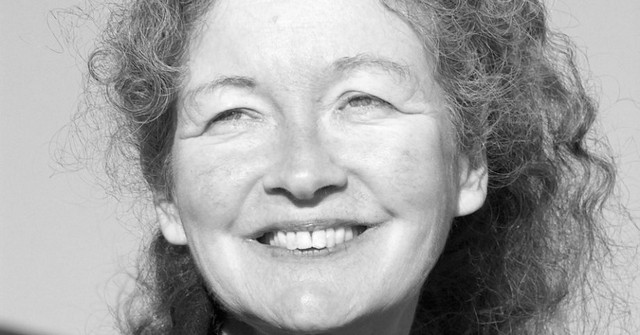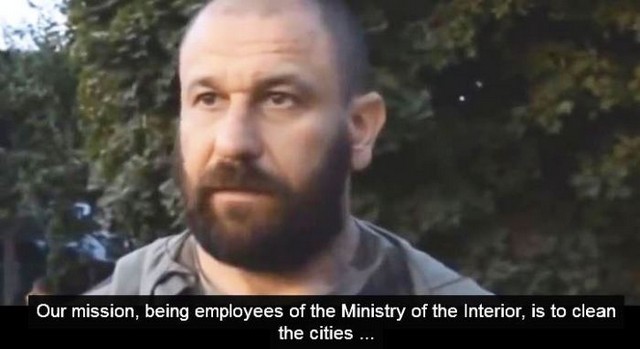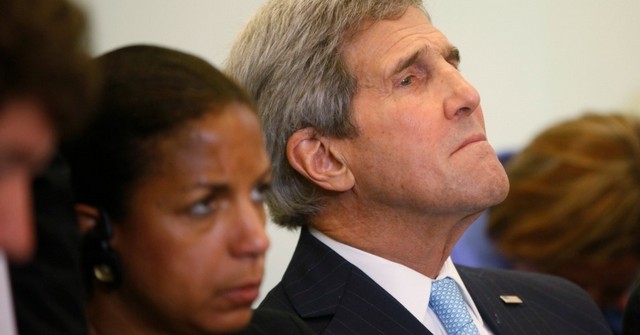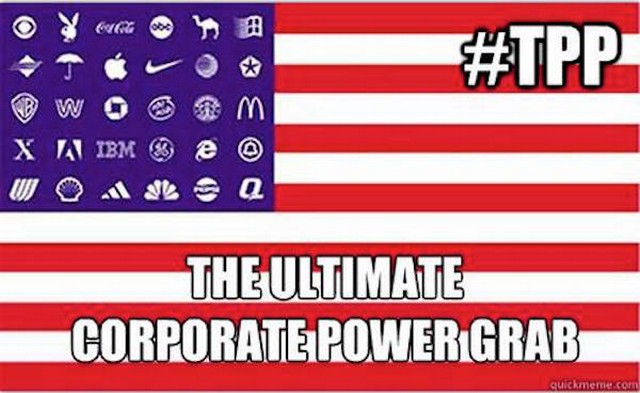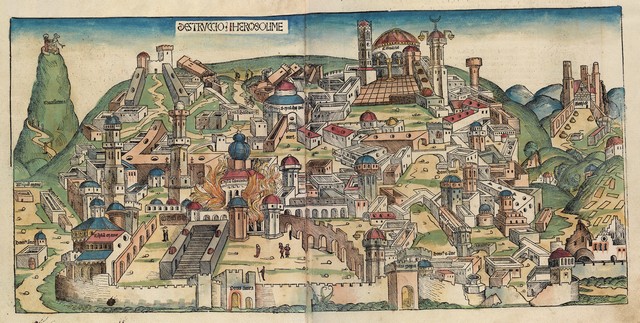By celac.cubaminrex
Esteemed President Luis Guillermo Solís;
Esteemed Heads of State or Government of Latin America and the Caribbean;
Esteemed Heads of delegations and guests;
Ever since the inception of the Community of Latin American and Caribbean States, Our America has entered a new stage and advanced toward independence; sovereignty over our natural resources; integration and construction of a new world order; and, social justice and democracy of the people, by the people and for the people. There is a stronger commitment to justice and the rights of the peoples today than in any other historical period.
Together, we make up the third world economy, the area with the second largest oil reserve, and the region with greater biodiversity on the planet with a remarkable concentration of the global mineral resources.
The development of unity in diversity, and of concerted action and respect for our differences shall be our primary purpose and inescapable necessity because the world problems tend to aggravate, and great dangers and robust challenges persist that transcend the national and even the sub-regional potential.
In the past decade, economic and social policies and sustained growth have enabled our countries to face the economic global crisis and facilitated a reduction of poverty, unemployment and unequal income distribution.
The deep political and social transformations carried out in various countries of the region have brought dignity to millions of families, which have left poverty behind.
But the Latin American and Caribbean region is still the one showing the greatest disparities. As an average, 20 percent of the lowest income households receive only 5 percent of the total revenues; 167 million people still endure poverty; one in five children under 15 lives in abject poverty; and, the number of illiterates exceeds 35 million.
Half of the youths in our countries fail to complete secondary education or finish their ninth grade, but in the lowest income segment that figure exceeds 78 percent. Actually, two thirds of the new generation do not make it to the university.
Meanwhile the increasing number of victims of organized crime and violence endanger the stability and progress of our nations.
What do the tens of millions of marginalized people think about democracy and human rights? How do they feel about political models? What do they think of election laws? Is this the civil society that international governments and organizations take into account? What would they say if asked about the economic and monetary policies?
There is little that many industrial nations can show our region in such areas since half their youths are unemployed, and the weight of the crisis falls on the workers and students they suppress. On the other hand, they protect bankers, prevent the organization of trade unions, pay women lower salaries for equal work and apply inhumane policies against immigrants. Meanwhile, racism, xenophobia, violent extremism and neofascist tendencies gain ground, and the people do not vote because they see no alternative to corruption in politics or because they know that election-time promises are soon forgotten.
In order to achieve social inclusion and environmental sustainability, we must come up with our own vision of the economic systems, production and consumption patterns, the relation between economic growth and development, and the efficacy of political models.
We should go beyond structural gaps, ensure a free and high-quality education, provide free and universal healthcare coverage, social security and similar opportunities to all, and the full exercise of all human rights by every person.
In the framework of such endeavors it shall be our primary duty to embrace solidarity with and advocate the interests of the Caribbean, particularly, of Haiti.
A new economic, financial and monetary international order is required where the interests and necessities of the South nations are not only included and given a priority, but also where those imposing neoliberalism and the concentration of capital cannot prevail.
The post-2015 Development Agenda should offer solutions to the structural problems of the regional economies and produce the changes conducive to a sustainable development.
Likewise, it is indispensable to build a world of peace, without which development is not possible, a world guided by the principles enshrined in the United Nations Charter and International Law.
The signing by the heads of State or Government of the Proclamation of Latin America and the Caribbean as a Peace Zone marked a historic step, and now provides a point of reference for our States’ relations with the rest of the world.
Solidarity will be of paramount importance in Our America to advance our common interests.
We want to express our strong condemnation of the unjustified and unacceptable unilateral sanctions imposed on the Bolivarian Republic of Venezuela, and of the continuous foreign interference intended to create a climate of instability in that sister nation. Cuba, who profoundly knows all these stories because it has endured them during more than 50 years, reaffirms its strongest support to the Bolivarian Revolution and the legitimate government headed by President Nicolás Maduro Moros.
We join the Republic of Argentina in its demand over the Malvinas [Falkland], the South Georgia and South Sandwich Islands, and the surrounding maritime space. We support the South American nation and its President Cristina Fernandez who is facing the attacks of speculative funds and the rulings of venal courts that impinge on the sovereignty of that country.
We reiterate our solidarity with the people and government of Ecuador,and the demands of President Rafael Correa for reparations on account of the environmental damages caused by the transnational company Chevron in the Ecuadorian Amazonia.
As we have previously said, the Community will be incomplete while Puerto Rico is not a member. The colonial situation of that country is inadmissible, and its Latin American and Caribbean nature are beyond dispute.
Concerning the peace process in Colombia, significant agreements have been reached by the Government and the Revolutionary Armed Forces-Peoples’ Army of that nation at the negotiating table in Havana. Never before so much progress had been made toward peace. Cuba, as one of the guarantors and the venue of such negotiations, shall continue offering the necessary facilities and contributing as much as possible to end the conflict and build a just and lasting peace in that fraternal nation.
We will provide our resolute support, as we have until now, to the fair claim of the Caribbean nations to receive reparations for the damages caused by slavery and colonialism. And, we shall definitely oppose the decision to deprive these countries of indispensable financial resources under the technocratic pretext of considering them middle-income economies.
We welcome the excellent progress made at the CELAC-China Forum and the region’s relations with the BRICS group.
We reaffirm our concern for the huge and growing military expenses imposed on the world by the United States and NATO, as well as for the intent to expand the latter’s aggressive presence up to the borders of Russia, a country we are bound to by historical, fraternal and mutually advantageous relations. We state our vigorous opposition to the unilateral and unjust sanctions imposed on that nation.
The increasing aggressiveness of NATO’s military doctrine and the development of unconventional wars, with their devastating effects and grave consequences, constitutes a threat to international peace and security.
As to Cuba, the principles of sovereign equality among States and self-determination of the peoples cannot be waived.
The United Nations General Assembly should exercise its power to preserve international peace and security in the face of the Security Council double-standards, excesses and omissions. It should wait no more to secure the full membership of Palestine, whose people count with the solidarity of the Cuban people and government. The Security Council veto providing impunity to Israel’s crimes must cease.
Africa, where our peoples have their roots, needs no advice or interference but the transference of financial resources, technology and a fair deal. We shall always defend the legitimate rights of those nations alongside which we fought colonialism and apartheid, and with which we have today fraternal relations and cooperation. We shall never forget their unshakeable solidarity and support.
Cuba will restlessly advocate the just causes and the interests of the South countries, and will be loyal to their common objectives and positions knowing that Humanity is Homeland. The foreign policy of the Revolution will always be faithful to its principles.
Dear friends and colleagues;
Last December 17th, we welcomed to our homeland the Cuban counterterrorist fighters Gerardo Hernández, Ramón Labañino and Antonio Guerrero, who alongside Fernando González and René González are to us a source of pride and an example of determination.
The President of the United States admitted the failure of the policy implemented against Cuba for more than fifty years, and the complete isolation it brought to his country as well as the impact of the blockade on our people. Additionally, he ordered the review of the obviously unjustifiable designation of the Island in the List of States Sponsors of International Terrorism.
That same day, he announced the decision to re-establish U.S. diplomatic relations with our government.
These changes are the result of nearly a century-and-a-half of heroic struggle and fidelity to its principles by the Cuban people. It has also been possible thanks to the new era we are living in our region, and the sound and brave demand of the governments and peoples of CELAC.
This has come as a vindication to Our America, which has together defended this objective at the United Nations Organization and in every other forum.
The debates that took place in the Summit of the Americas held in Port of Spain, Trinidad and Tobago, in 2009, against the background of the ALBA Summit held in Cumaná, Venezuela, led recently elected President Barack Obama to speak of a new beginning with Cuba.
In 2012 Cartagena, Colombia, provided context to a strong discussion and a unanimous and resounding stance against the blockade, occasion that compelled an important United States official to call it as the great failure of Cartagena or disaster –this is the exact term-, and against Cuba’s exclusion from such events.In protest, Ecuador had decided not to attend while Venezuela, Nicaragua and Bolivia, with the support of Brazil, Argentina and Uruguay, stated that they would not attend another summit in the absence of Cuba. The Caribbean Community adopted a similar position, and so did Mexico and the other nations present at the meeting. Likewise, before his inauguration, Panamanian President Juan Carlos Varela announced his decision to invite Cuba, on equal footing and with full rights, to the 7th Summit of the Americas, and he has acted on that statement. Cuba immediately responded that it would be there.
Martí’s assertion that “a just principle from the depth of a cave is more powerful than an army” has been proven right.
To everyone here I conveyCuba’s deepest appreciation.
To the 188 States that vote against the blockade at the United Nations, to those that raise a similar demand in the General Assembly and International summits and conferences, and to all the popular movements, political forces, parliaments and personalities who labored restlessly to that end I express the sincere gratitude of our nation.
To the American people that recently manifested its growing opposition to the policy of blockade and hostility lasting more than five decades, I also reiterate our appreciation and friendly feelings.
These results prove that governments with profound differences can find solutions to problems, through a respectful dialogue and exchanges based on sovereign equality and reciprocity to the benefit of their respective nations.
As I have repeatedly affirmed, both Cuba and the United Statesshould learn the art of civilized coexistence based on respect for differences between our governments, and on cooperation in areas of common interest that may contribute to tackling the challenges facing the hemisphere and the world.
However, no one should expect that to achieve that Cuba would renounce its ideals of independence and social justice or abandon any of our principles, or give in an inch in the defense of our national sovereignty.
We shall not yield to provocations but neither shall we accept any indication of advices or pressures in matters concerning our internal affairs.We have made great sacrifices and taken major risks to earn that sovereign right.
Can diplomatic relations be re-established before financial services cut off as a result of the financial blockade are restored to the Cuban Interests Section and its Consular Offices in Washington? How can the re-establishment of diplomatic relations be explained without rescinding Cuba from the List of States Sponsors of International Terrorism? What will the behavior of the U.S. diplomats in Havana be from now onconcerning the observance of the standards set by the International Conventions for Diplomatic and Consular Relations? This is what our delegation said to the State Department during last week discussions, and more meetings will be necessary to deal with these issues.
We have shared with the President of the United States our disposition to move forward to the normalization of bilateral relations, once the diplomatic relations have been re-established. This involves the mutual adoption of measures to improve the climate between the two countries, the resolution of other pending issues, and advances in cooperation.
The current situation opens up a modest opportunity for the hemisphere to find new and better forms of cooperation that can benefit the two Americas. This would help in the solution of pressing problems and the opening of new avenues.
The text of the Proclamation of Latin America and the Caribbean as a Peace Zone becomes an indispensable platform to that end, including the recognition that every State has the inalienable right to choose its political, economic, social and cultural system without interference from any other State, an unwavering principle of International Law.
The main issue still stands unresolved. The economic, commercial and financial blockade causing enormous human and economic damages to our country constitutes a violation of International Law, and must cease.
I remember a memorandum of April 1960 from Assistant Secretary Mallory where he said that in the absence of an effective political opposition in Cuba, a situation of hunger, suffering and despair should be created to bring about the ousting of the revolutionary government. Now, the objective seems to be fostering an artificial political opposition by economic, political and communication means.
The re-establishment of diplomatic relations is the beginning of a process toward the normalization of bilateral relations, but this will not be possible while the blockade remains in effect; the territory illegally occupied by the Guantánamo Naval Base is not returned; the radio and television broadcasts breaching international rules and regulations do not cease; and,adequate compensation is not paid to our people for the human and economic damages sustained.
It would not be ethical, fair or acceptable to ask Cuba anything in exchange. If these issues are not resolved, a diplomatic rapprochement between Cuba and the United States would not make sense.
It can neither be expected of Cuba to negotiate the abovementioned absolutely sovereign issues related to its internal affairs.
It was possible to advance in the recent negotiations because we treated each other with respect, and as equals. Future progress demands that this remains so.
We have followed with interest the announcement made by the President of the United States of some executive decisions aimed at modifying certain aspects concerning the implementation of the blockade.
The measures made public so far are very limited. The prohibition stands with regards to credits and the use of the dollar in our international financial transactions; the individual travels of Americans with license for so-called people-to-peopleexchanges are prevented and conditioned to subversive purposes; and maritime travels are also forbidden. Another standing prohibition, among many others, restricts the acquisition in third markets of equipment or technology with more than 10 percent of American input as well as the U.S. importation of goods containing Cuban raw materials.
President Barack Obama could use with determination his extensive executive powers to substantially modify the implementation of the blockade. This is something he can do even without Congressional approval.
He could allow other sectors of the economy to do what he has authorized in the field of telecommunications with the clear objective of exercising political influence in Cuba.
His decision to promote a debate with Congress towards the removal of the blockade is significant.
On the other hand, the spokespersons of the U.S. government have clearly stated that the methods are changing but not the objectives of their policy, and insisted in actions that interfere with our internal affairs, something we will not accept. The American counterparts should not pretend to relate with the Cuban society as if a sovereign government did not exist in the Island.
No one would even dream that the new policy announced accepts the existence of a Socialist Revolution 90 miles away from Florida.
There is the wish that the so-called civil society is present at the Summit of the Americas in Panama; that is a wish that Cuba has always shared. We protest what happened at the World Trade Organization Conference in Seattle, at the Summits of the Americas in Miami and Quebec, at the Climate Change Summit in Copenhagen or at the G-7 and IMF meetings, where the civil society wasconfined tens of miles away from the venues,and kept behind steel fences and under brutal police repression.
Of course, the Cuban civil society will attend, and I hope there will be no restrictions against our country’s non-governmental organizations, which are not interested in any status at the OAS but are definitely recognized by the United Nations.
I hope to see in Panama the popular movements and NGOs that advocate nuclear disarmament and environmental protection; those that oppose neoliberalism; the Occupy Wall Street movement and the Indignant of this region; the university and secondary school students; the peasants, trade unions, original peoples, and organizations that oppose the schist contamination; the advocates of immigrants’ rights; those who denounce torture and extrajudicial executions, police brutality and racist practices; that demand equal pay for women for equal work; and those advocating reparation for damages from transnational companies.
The announcements of last December 17th have elicited world recognition and extensive support for President Obama in his own country, however, certain forces in the United States will try to derail this process that is just beginning. They are also the enemies of a U.S. fair relationship with Latin America and the Caribbean, the same that jeopardize the bilateral relations of many countries from our region with that nation. They are always blackmailing and exercising pressure.
We are aware that the path to the removal of the blockade will be long and difficult and will require the support, mobilization and resolute action of every person of goodwill in the United States and the world; the approval by the UN General Assembly in its next session of the resolution demanding the end of the blockade; and, especially, the concerted action of Our America.
Esteemed Heads of State or Government;
Dear friends;
We congratulate Costa Rica and President Solís and his government for the leadership of CELAC. We welcome the presidency of Ecuador and will fully support President Correa as the leader of the Community through 2015.
Thank you, very much.

